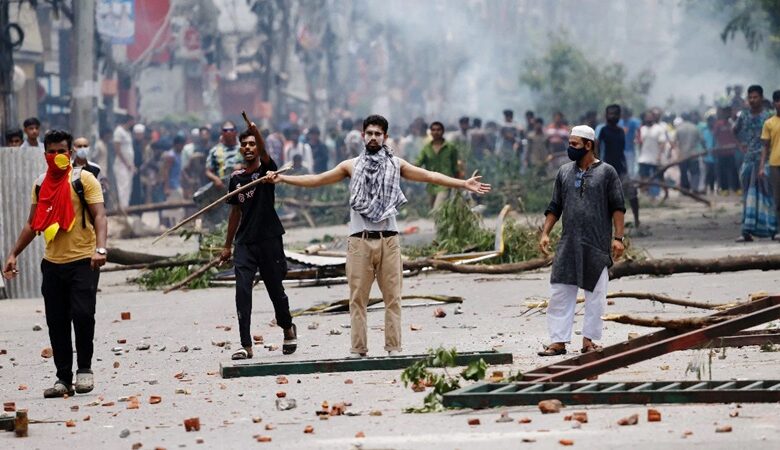Safe Evacuation of 263 Students from Bangladesh by Meghalaya Government

News Mania Desk/Agnibeena Ghosh/20th July 2024
Amidst the recent unrest in Bangladesh, the Meghalaya Government has successfully evacuated 263 students from the neighboring country via the Dawki land port in the state. This evacuation operation ensured the safe return of students to Meghalaya.
Officials reported that of the 263 students evacuated, 161 were Indian, including 63 from Meghalaya. Additionally, 95 students were from Nepal and 7 from Bhutan. These students were safely transported through the Dawki land port, underscoring the effectiveness of the coordinated effort.
Chief Minister Conrad K. Sangma highlighted that the Meghalaya government maintained constant communication with the Indian and Bangladesh High Commission, the Land Port Authority, Dawki, and the Exporters Association to ensure the students’ safety. Sangma assured that all necessary measures were being taken to protect students from Meghalaya who were in Bangladesh.
To oversee the evacuation process, Hiwot Rymbai, Additional SP of West Jaintia Hills, was appointed as the nodal officer. Rymbai was assisted by Thomas, Executive Officer of the Land Port Authority Dawki, to facilitate the smooth return of the students. The officials’ efforts were pivotal in coordinating the evacuation and ensuring the students’ safety.
Furthermore, the Meghalaya government activated a helpline number for Indian citizens from Meghalaya who were in Bangladesh and needed assistance. Citizens could call the Directorate of Information and Public Relations’ helpline number 1800-345-3644 for any help they required. This helpline provided a direct line of communication for those seeking aid during the crisis.
The unrest in Bangladesh began on July 1 following a High Court decision to reinstate a 30% government job quota for descendants of those who fought in the 1971 war of independence. Thousands of students from both government and private universities protested against this decision, fearing it would deprive them of opportunities if such a large percentage of jobs were reserved for the kin of war veterans. While the protesters supported reservations for other marginalized groups like women, ethnic minorities, and the disabled, they demanded that the quota for the descendants of freedom fighters be abolished.
The protests, ongoing for weeks, intensified significantly after violent clashes erupted on the Dhaka University campus. These clashes involved protesters, police, and pro-government student activists. The situation escalated further on Tuesday with the deaths of six individuals, prompting the government to order the closure of universities nationwide and initiate police raids on the main opposition party’s headquarters.
The swift and organized response by the Meghalaya government highlights the importance of timely intervention in crisis situations. The successful evacuation of students from Bangladesh not only brought relief to the families of those involved but also demonstrated the effectiveness of coordinated efforts between various governmental and non-governmental bodies.
The unrest in Bangladesh and the subsequent evacuation underscore the need for robust crisis management strategies to ensure the safety of citizens abroad. The Meghalaya government’s actions serve as a commendable example of how to handle such emergencies, providing a blueprint for future operations in similar situations. The safety and well-being of students and other citizens must remain a top priority for governments worldwide, especially during periods of political unrest and conflict.






